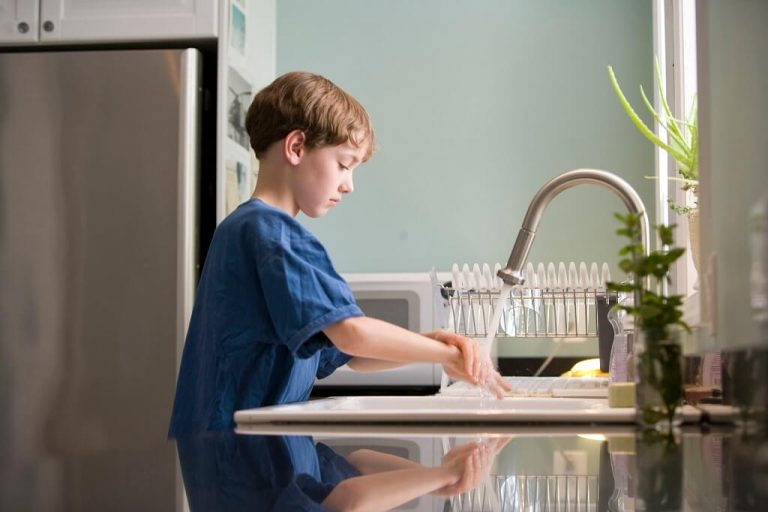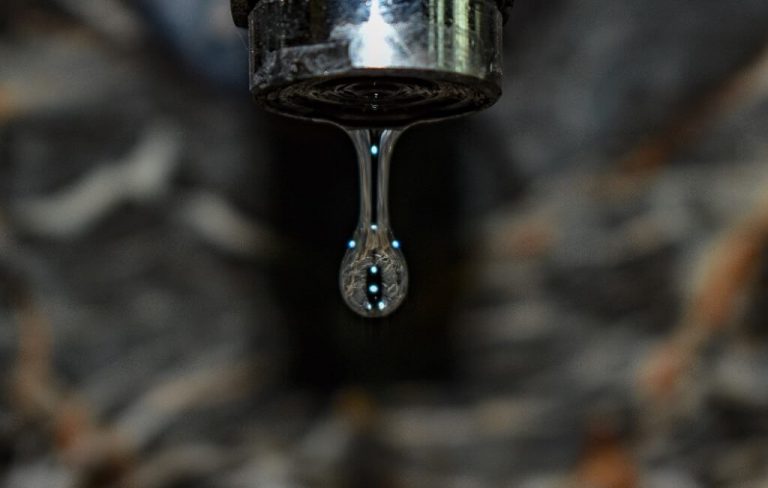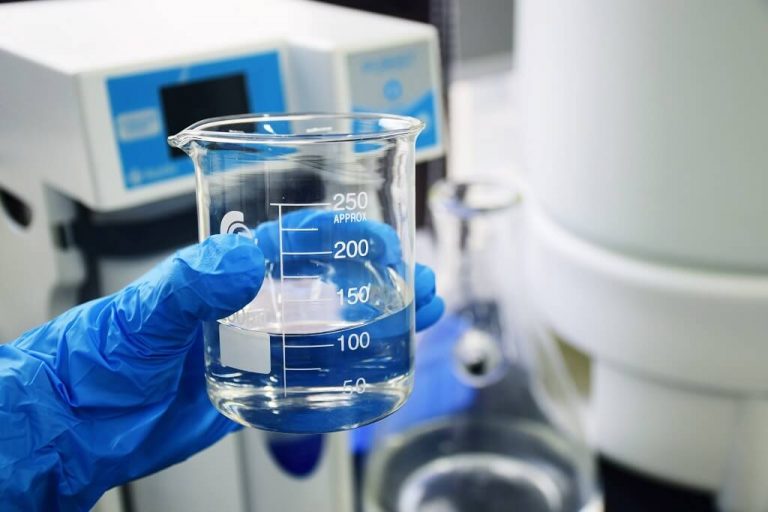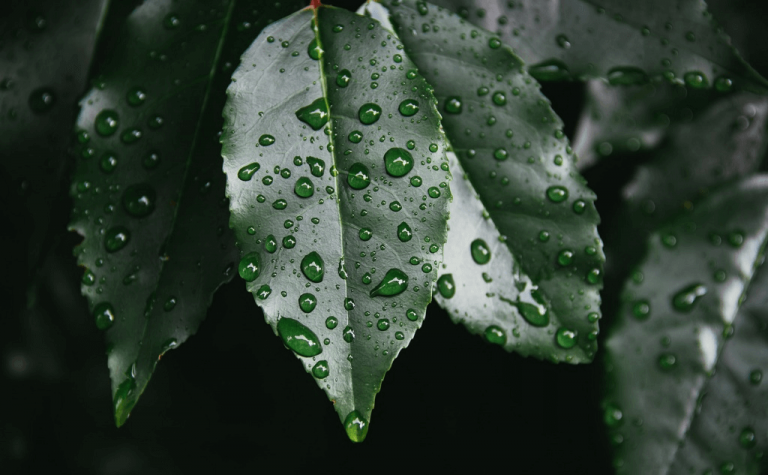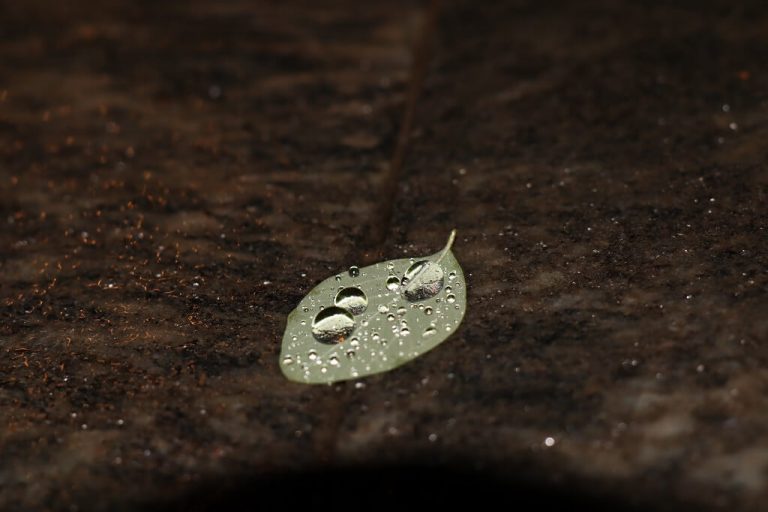Please read on to find out why fresh, clean water is critical for life and how to protect it for many years to come. Protecting Fresh Water Is Critical for Life Deepwater underground layers of water-bearing rocks, springs, lakes, streams, and springs are all sources of fresh water that we need in order to survive. Drinking water helps our bodies flush out toxins we accumulate and provides many needed benefits. Fresh water refurbishes us after physical activities as well as washing our clothes and cleaning ourselves. The human is not the only living creature who relies on the needs of fresh water. Other animals, fish, plants, trees, and insects must have water to survive as well. In other words, water is life! As of late, American rivers have not caught on fire caused by pollution like Ohio’s Cuyahoga River did in 1969. This was before the enactment of the Clean…
If you live in a home without a filtering system, you probably know your water is not good on your palate and certainly not good for your health. Over the past few years, people have become more conscious about the food they eat but it stops there. No one seems to realize the incredible significance of clean, fresh water for drinking! You would probably be shocked to discover how many contaminants are in the water coming out of your taps. Even though there are many filtering systems on the market, only a few will actually prevent toxins from remaining in the water you cook with or drink! Probably the most popular is the Reverse Osmosis System for removing impurities from water and providing you with healthier water to quench your thirst. Here are some of the reasons you should install this filtering system in your home: What Is a Reverse…
We’ve all had blocked pipes and drains severe enough to necessitate the services of a plumber. However, what if the problem is really with your water amount coming out and not with the draining of water? The average American family uses three hundred gallons of fresh water every day between using the flush in toilet, using dishwasher, and showering. We don’t often consider where the water is coming from and how it gets to our taps. When the pressure of water drops, many of us don’t understand where to check, and what needs to be done. Identifying Whether Your Water Have a Low Pressure or Not You may be feeling the symptoms of inadequate pressure of water if you have weak shower heads and water dribbles from taps, and your washer takes an eternity to fill. This very frequent plumbing issue can develop for a variety of causes, but thankfully,…
Fluoride Fluoride is a mineral that occurs naturally and is released from rocks into the soil, water, and air. Almost all water contains some fluoride, but usually not enough to prevent tooth decay. Fluoride can also be added to drinking water supplies as a public health measure for reducing cavities. Chromium 6 A recognized, confirmed carcinogen present in almost all tap water within the United States may trigger allergic reactions on the flesh, rashes, or various other disturbances and risks to human health and wellness. Chlorine Most faucet water is treated with this. It induces irritated, itchy, red skin, disintegrates the natural acid mantle present on the scalp and skin, dries the hair, causes significant follicle erosion, strips color, and several other potential adverse effects. Hard water The acid mantle is broken down by lime, calcium, and some other heavy minerals. Accumulation on hair promotes damage and dryness, and therefore…
The words “soft water” and “hard water” may seem familiar to you. You may be wondering what causes water to be soft or hard, and also which one of these waters is safer or healthier to drink. Even though the water appears transparent, it includes chemicals and minerals. Water’s “hardness” is determined by certain minerals’ concentration. You would be able to make the distinction between the two kinds of water, and their benefits and drawbacks. What Is Soft Water and Hard Water? Water Hardness When water includes a high concentration of the cations which are, positively charged ions, like Mg2+, Fe3+, and Ca2+, it is said to be hard. Whenever water drips thru a mineral, these ions get usually delivered into the supply of water. Limestone is the best instance of a calcium-containing mineral. The criterion for determining if the water sample is hard or not is set at 150…
You are planning a trip abroad so you need to include a water filter bottle or a purifier bottle. This is a “Must” item you should have on your list of items for traveling internationally. Unless you have traveled to a specific country many times, you will not know what water sources you should use and those you should avoid at all costs. You can prevent any number of problems if you have a good water filter along for the ride. Why Would I Need A Water Filter or Purifier on My Trip? If you are traveling to underdeveloped countries, chances are you will run into untreated water with waterborne microorganisms which could be a serious threat to your health. Some of these countries might have sanitation issues leading to untreated sewage entering into drinking water supplies. Contaminated water can lead to various diseases including diarrhea, cholera, dysentery, and typhoid,…
Before beginning the topic of tap water filtration, it’s time to take a quick step back to Geology. Geology is the science that deals with planet Earth, its physical structure, and the many activities going on. A Little Geology Earth is covered with approximately 71% water and only 3% of that water is fresh, the rest is found in oceans. During the water cycle, water moves from one reservoir to another in continuous motion. If you don’t know where clouds come from, the sun heats bodies of water causing the water to evaporate. As water evaporates, it rises in the atmosphere where cold temperatures turn water vapor into clouds. But that’s not the entire cycle: Cloud particles bond to each other which condenses the vapor and causes it to fall back as bodies of water in the form of rain, sleet, or snow. (ergo it’s cloudy before it rains). Then,…
The pollution of fresh water is a crucial environmental problem, especially given the scarcity of fresh water in our region. Almost 70% of the earth’s surface is covered with water, but freshwater accounts for about 3% of it. Moreover, there is only about 0.5% availability of freshwater for human consumption; most of it is stored in unreachable forms such as snowpacks and glaciers. It is therefore crucial that we save the tiny usable amount of freshwater clean. Since our freshwater supply is so limited, pollution becomes a much bigger problem. Pollution enters our water reservoirs in several ways. The first method is legal dumping from industrial facilities, while the second is illegal discharge. Water treatment plants, fracking operations, and oil pipelines all have the potential to spill pollutants. Our water supply is also contaminated by storms and floods that wash pollutants and waste into the water. Pollution from industry is…
Water is one of the most critical elements for life on this planet. It moves nutrients into cells as well as throughout the entire body. We need clean, fresh water to keep our bodies in the best of health. Contamination present in water is harmful in many ways including creating long and short-term diseases. Diseases That Are Caused by Polluted Water Cholera Cholera is a very serious intestinal tract infection caused by the bacteria vibrio cholerae. This disease causes dehydration, diarrhea, and in some severe cases, death. People contract cholera by consuming or washing with contaminated water or eating foods irrigated or washed in contaminated water. Symptoms from cholera include vomiting, headaches, and abdominal cramping. In areas that are highly polluted, an infected person can contaminate the water with this disease, causing a rise in bacterial which will affect the entire population. Typhoid This is a very severe bacterial infection…
Water is utilized in almost every dish and beverage that you prepare at home. As a result, the quality of your home’s tap water may have a direct influence on a wide range of items you create in the kitchen every day. Today, we’ll discuss the consequences of cooking with unfiltered tap water and why filtering your home’s water may result in safer and tastier dishes and beverages! How Does Cooking with Unfiltered Tap Water Affect Your Health? Consider all of the ways in which you utilize tap water in your cooking on a regular basis: We wash our vegetables in tap water, use water as a basis for soups, stocks, and sauces, boil pasta in water. Water is the primary component in the majority of beverages! If your tap water is unfiltered, pollutants will most likely be transmitted to the food and beverages you prepare at home. Even if…


